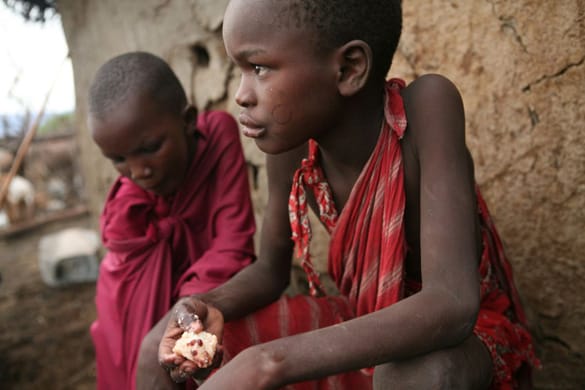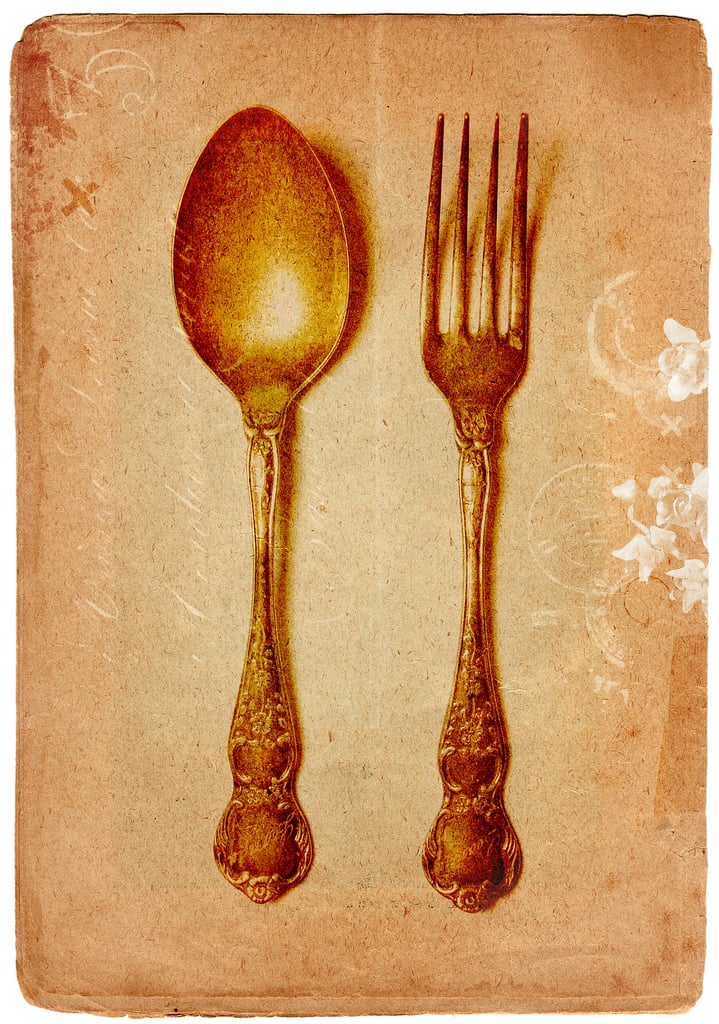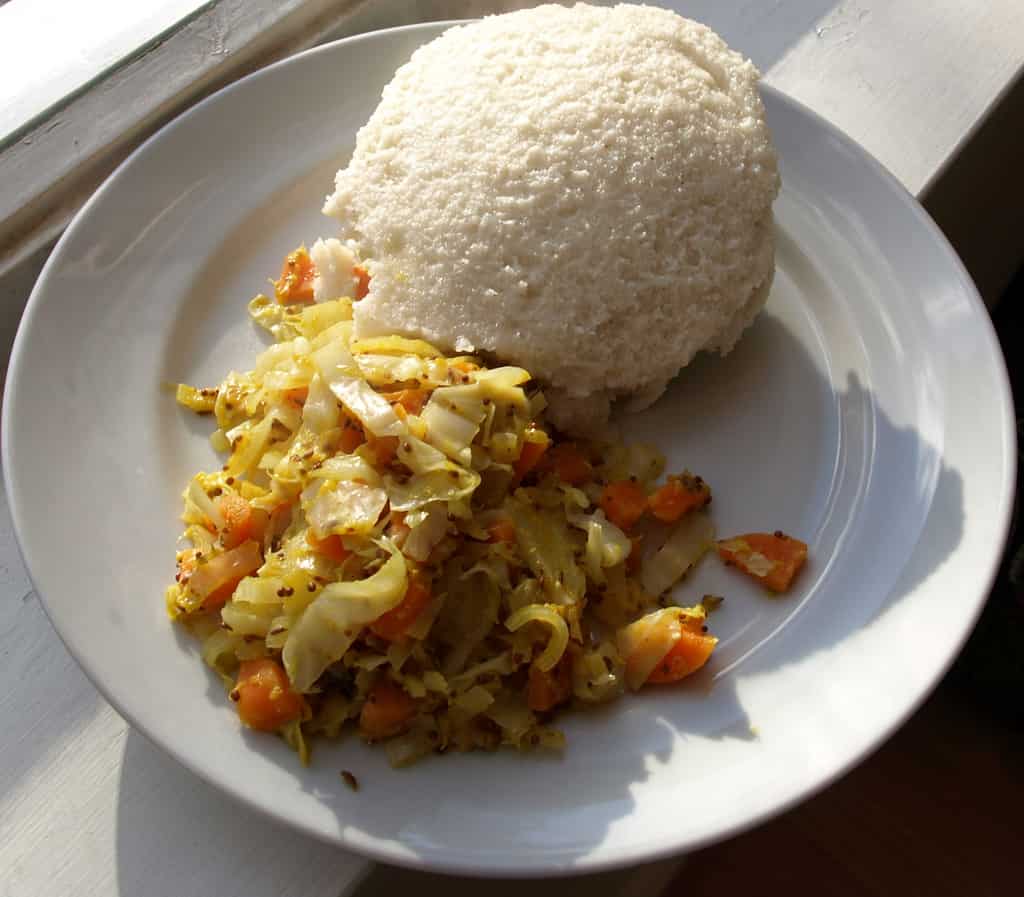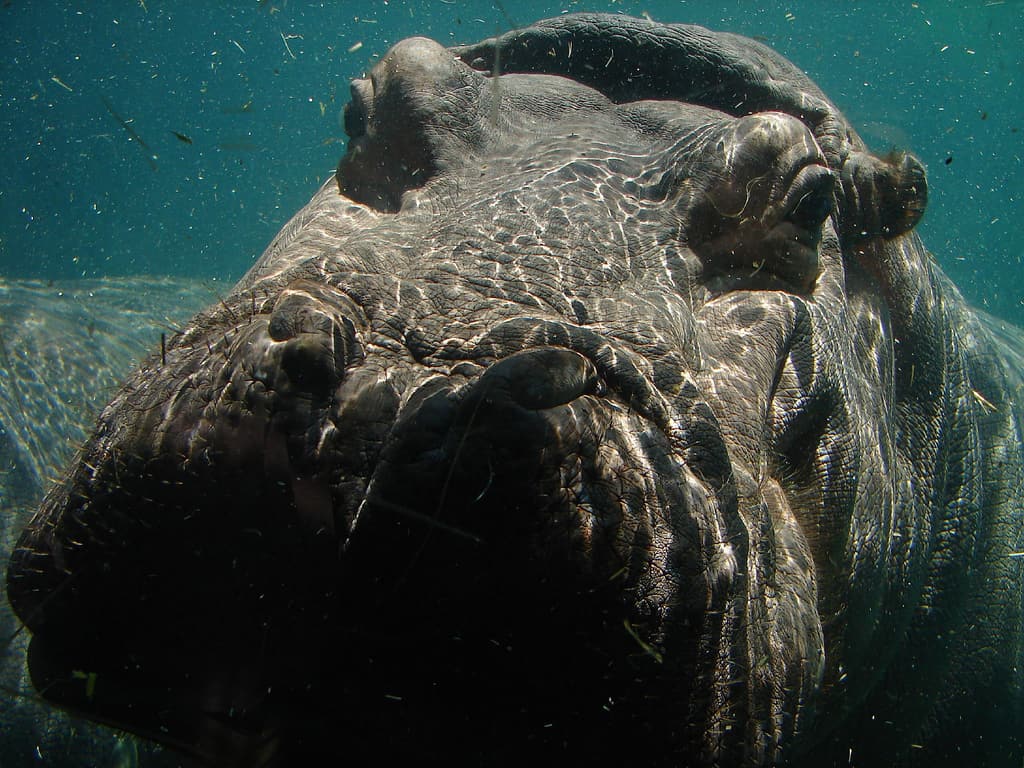Kyle’s father was a practical joker, the kind of man who didn’t let worries about little things like, oh, setting up his toddler for traumatic moments get in the way of a good laugh.
Which (mostly) explains why Kyle’s father, for the first five and a half years of Kyle’s life, referred to a fork only as a hippopotamus. “Use your hippopotamus like a big boy, Kyle,” he would say. In Kyle’s house a knife was a giraffe, a spoon a rhinoceros, and a fork a hippopotamus. And, without any reason to think differently, Kyle simply learned to call utensils by names usually referring to animals labelled “exotic” in the west. Kyle ate cereal with his rhinoceros, his father laughed, and all was right with the world.
Until, of course, Kyle went to school.
Imagine that first day. Kyle makes it through the morning smoothly. And then lunch. Sitting in the cafeteria with his kindergarten class, he says, “Mrs. Nelson, where do we get our hippopotamuses and giraffes? I need them for lunch.” Confusion, laughter, embarrassment, teasing, even nicknames, ensue.
Funny? Sure is. Cringe-inducing? Sure is.
But my grimace is not just because of the teasing and laughter, it’s because Kyle’s basic categories, his conception of what was what in the world, was shattered.1
In a related story, I moved to in Dar es Salaam, Tanzania two months ago (it’s pronounced tan-zuh-NEE-uh… or just click here). I now teach here, at the typically named Loyola High School. And these past two months have taught me that reflecting on broken categories and changing perceptions – on what it means for my preconceived categories to be blown open – is a sine qua non not just for Kyle, but for me, too.
***
“Eh! You’re eating ugali!”
Two explanations might be helpful for those of you without the pleasure of talking with East Africans regularly. The first: “eh!” is a sound that delightfully punctuates many conversations that have even the slightest hint of surprise. The second: ugali is a staple food made from cornmeal – basically the same thing as polenta. (Granted, ugali is eaten by the majority of people in Tanzania at nearly every meal, especially by the poor, and not something that foodies get a little too excited about and mold into triangles and other cute shapes. If you don’t believe me, search for “polenta” on Pinterest.)
“Yes,” I reply, “I am eating ugali… I eat it every day. And I eat lunch with you… every day. We’ve had this exact conversation several times.”
“Eh! Are you sure?!” comes the reply, “eh?!”
***
Ugali, or its equivalent under a different name, is among the most common foods in the world, yet to many Tanzanians, ugali is theirs. Gastronomically, it represents something quintessentially African. Many Tanzanians ate ugali and beans every day while growing up. They ate it for breakfast, ate it at school, and then came home to find a heap of ugali on their dinner plates. Oddly (or maybe not) many Tanzanians actually do not like ugali, and cannot fathom why a westerner would choose to eat, much less enjoy, something so… African.2
This reaction to my ugali consumption is more common because Dar es Salaam is a large city; movies and music from the States are fairly readily available. Some of the people here have even had a mzungu as a teacher or pastor before. What is more, the residents of Dar es Salaam generally know far, far more about the U.S. and Europe than most westerners know about Tanzania. Maybe it’s because of their familiarity with western culture, and how desirable that culture can seem at times, that they are surprised at my ugali-consuming ways. Whatever the reason, in the Venn diagram of the Tanzanian mind, the “white person” circle seems to never overlap with the “ugali-eating” circle. A westerner simply can’t like ugali. It just doesn’t fit their categories.
But I’ve liked ugali for some time, at least since I studied here in East Africa a number of years ago. During that time of study I lived with a Ugandan family, and it’s fair to say that it was the experience of being part of their family that taught me the most during those months, profoundly shaping how I see the world and how I understand what it means to be human. I had just turned twenty, and being a part of this Ugandan family suddenly made the world far, far vaster than the cornfields of Iowa or the classrooms of Indiana. It was exciting. It was also discombobulating.
***
When I arrived in Africa years ago I brought with me, knowingly or not, ideas of what Africans were like. And while my experiences here confirmed some of those ideas, I discovered that Africans are far, far more varied than I’d thought (they are rather like Americans in that way, I suppose). Arriving in Africa two months ago has been something of a repetition – the people I am coming to know continually, regularly, refashion the categories I unknowingly brought with me.
I carried with me a suitcase of ideas about what it means to be a Jesuit, a student, and a human being. I brought with me my carry-on filled with categories I built up from my own experiences. I packed a sense of what it means for me to be me and took across oceans on a plane. And in the last two months Africa has cracked open that suitcase, taken out all my carefully packed ideas, and strewn them about the room of my mind. These months of adjusting have been another painful, necessary realization that my own way is not the only way. Once again I have to admit that I know far less than I thought I knew.3
***
Maybe I shouldn’t be so surprised to find that having my categories picked up and thrown about my mind affects the way I relate to Jesus. Whenever I turn to the Gospels these days what strikes me is how often I find Jesus breaking open the categories of those he encounters.
Some thought that the Messiah would be a great military leader who would lead the Jews to freedom from Rome through revolt. These were scandalized by a Christ who came as a crucified carpenter. Some thought that the Messiah would restore the twelve tribes of Israel, and while we do have twelve apostles, they were certainly not recreations of Asher or Benjamin or Judah.
Even among his own followers, I seem to see Jesus wreaking havoc with categories. Look at the difficulties with his biography, at the beginning of the Gospel of John, even. It’s there that I find Nathaniel, before he is even a disciple, disqualifying Jesus from the role of Messiah by asking, “Can anything good come from Nazareth?”4
Certainly it’s not quite the same for us who have the wider vision that results from 2,000 years of thinking and praying together over the passion, death, resurrection and the person of Jesus. But on the other hand, if the disciple’s categories had to be shattered, we’re probably on safe ground in thinking that our experience with Jesus will involve something similar.
***
In the words of a Jesuit spiritual master and role model of mine, growing in relationship with Jesus has a way of rearranging the furniture of our hearts and minds. And it’s often a process that involves stubbed toes and bruised shins before our muscle memory adjusts to the new layout.
That yours truly is particularly blind – stubbing an inordinate amount of toes on the rearranged furniture – and never the less believes in our desperate human need to have our hearts rearranged, only reveals how strongly I believe we must be upset, overturned, by our encounter with the Lord.
Of course, we can go on living in blissful ignorance for a time, eating our lunches with hippopotamuses and giraffes. I can live here in Dar es Salaam with my defenses high, my suitcases duct-taped closed to curb the need for any painful rearranging. I can even fashion Jesus in my own image and not be challenged by him. (A good test of this is whether my version of Jesus likes all of the same people and things that I like and dislikes all of the people and things that I dislike.)
But then our kindergarten class starts laughing. Then something incredibly beautiful or painful melts our defenses in an instant. Then, at the 102nd hearing of a particular Gospel passage, it finally breaks through.
Having my preconceived ideas shoved back at me is not easy, but it’s not easy to truly allow myself to encounter Jesus (and not the version of him that I construct to suit my own interests). And yet it’s also deeply exciting. The Jesus who shatters my categories, rearranges the furniture of my heart, is far more challenging but also far more colorful, far more enjoyable, than the one who occupies a safe, contained place in my mental suitcase.
Why settle for just one way of doing things when you can have 50 shades of… humanity? I can still eat polenta, but for the time being, and to my coworkers’ shock (“eh?!”), I can also enjoy ugali – even when I need a hippopotamus fork to eat it.
— — — — —
- It was a few weeks after I heard this story that it dawned on me that everyone else in Kyle’s family, including his mother, had to be accomplices in this horrible (horribly hilarious?) joke on such a young kid. (And, yes, it’s true.) Fortunately, Kyle turned out to be a great guy, so I should say that this hippo-tastraphy didn’t do too much damage. ↩
- This I understand. I did not like jelly for years after I overdosed on PB&J’s during elementary school. It’s funny how that never happened with peanut butter, however, which may honestly be some of the best evidence I have that God exists. ↩
- I cannot highly recommend enough the article “10 Things Most Americans Don’t Know About America”. It might enrage you; it might confirm many of your own experiences. It will certainly make you think. ↩
- Does any other native of the “flyover states” identify with Jesus in this passage? I frequently imagine Nathanael as a New Yorker thinking that the rest of the world, or at least the world in between New York and L.A., doesn’t exist for anything other than providing beef and Idaho potatoes. ↩





